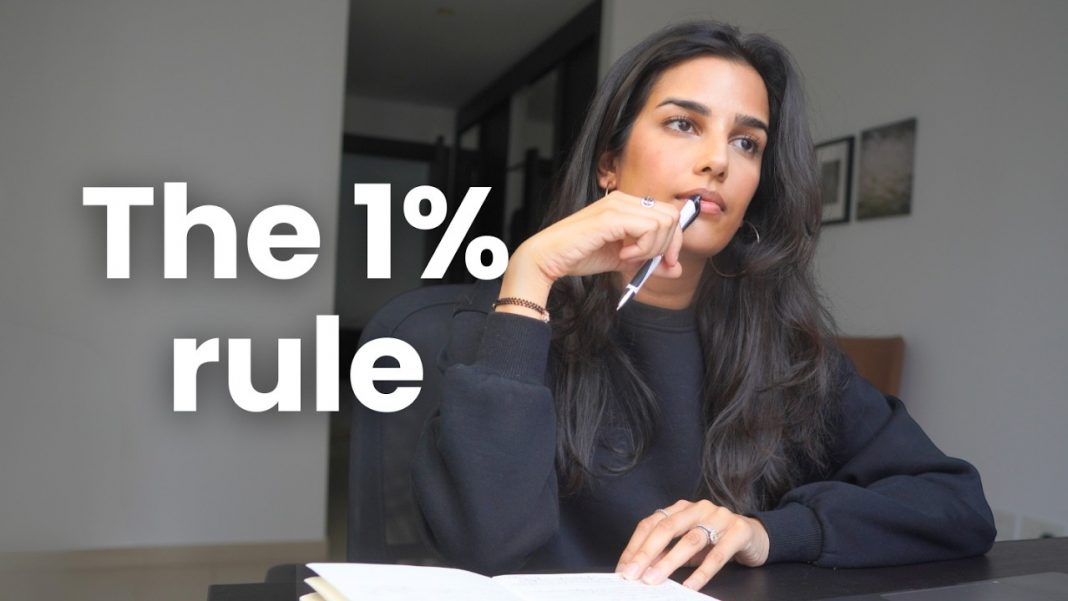Forget 4 am wake-up calls and polar bear-style ice baths. Becoming rich doesn’t require turning your life upside down. In fact, one investment banker and accountant—Nischa Shah—discovered a less glamorous but far more powerful secret: micro habits.
These are tiny actions that, when done consistently, compound like interest and quietly transform your finances, well-being, and outlook on life. So if you’re ready to build wealth without burnout, here are 17 surprisingly simple habits that have paid off big time!
1. Create more than you consume
According to Thomas Corley, author of Rich Habits, 67% of wealthy individuals watch less than one hour of TV daily, compared to 77% of struggling folks who exceed that mark. Translation? The rich are creating videos, blogs, and businesses, while everyone else is bingeing.
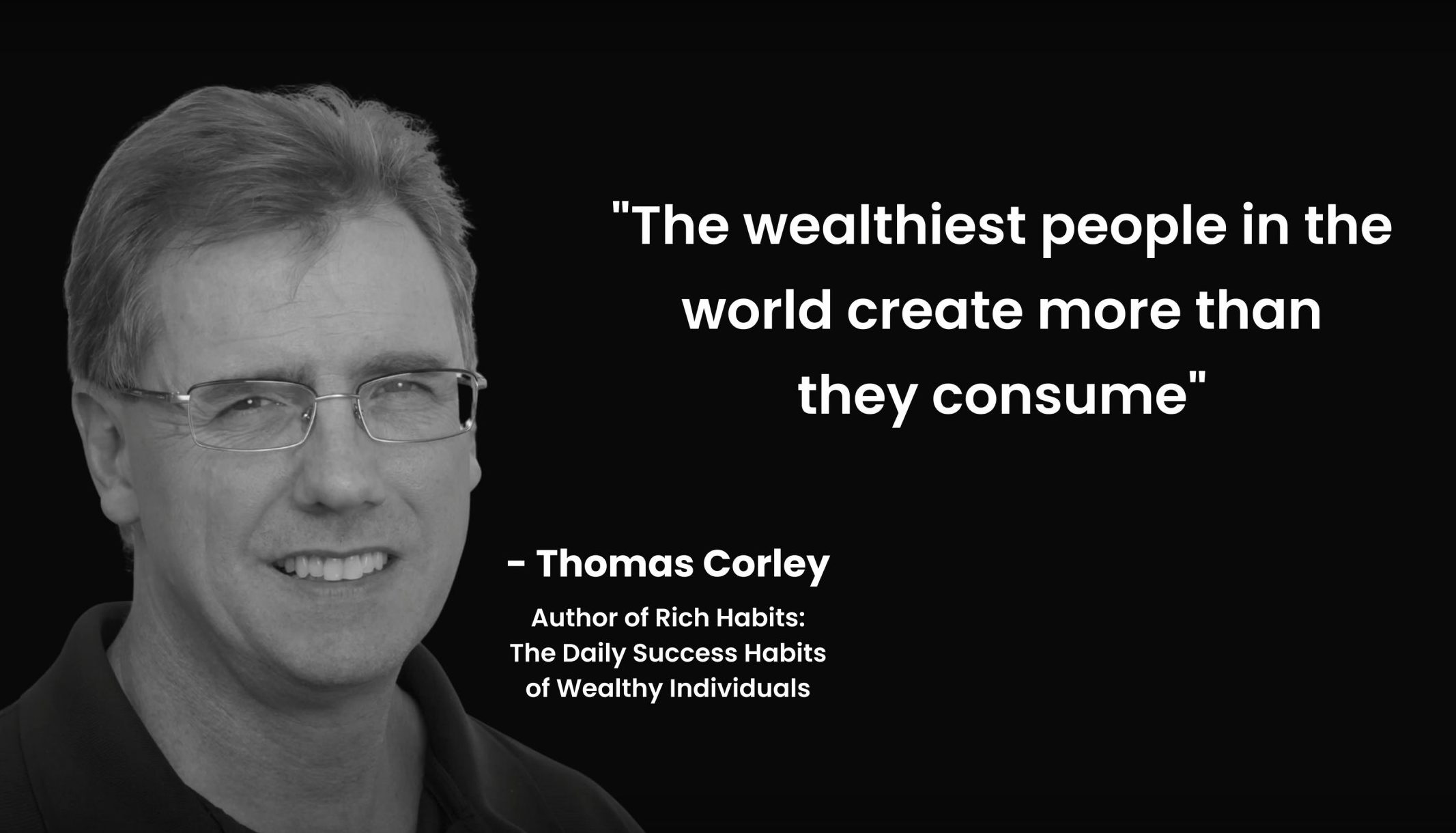
Try this: Spend 15 minutes a day making something. Launch that podcast, write a short story, and start learning Python. You don’t need to go full Steve Jobs—just make sure you’re producing more than you’re passively scrolling.
2. Politely escape energy vampires
“You’re the average of the five people you spend the most time with.” Sound familiar? That quote, often attributed to Jim Rohn, holds more truth than most memes. If your circle’s main skill is complaining or gossiping, it’s time to pull a disappearing act.
If you can’t find new circles in real life, do what Nischa did: turn YouTube, podcasts, and books into your virtual mentors. Your network doesn’t need to be in the room to level you up.
3. Start an “I can do this” file
Think of it as a digital pep talk. Every time you conquer a fear, hit a milestone, or simply show up when you didn’t feel like it, write it down.

Use Notion, a folder on your phone, or even a physical journal. On rough days, it’s your proof that you’ve done hard things before and can do them again.
Bonus: It’s like having a motivational speaker in your pocket—only the speaker is you.
4. Practice gratitude like a scientist
Nischa once thought gratitude journaling was for the overly sentimental. Then she stumbled on research by Dr. Sophia Godkin showing that happiness isn’t the result of success—it’s the seed.
So every night at 8 pm, she uses the Day One app to jot down something she’s thankful for. A good coffee, a compliment, a solid nap—it all counts. It rewires your brain to hunt for joy, not stress.
Pro tip: What you focus on, it shall grow.
5. Automate your savings and investments
Warren Buffett said, “Do not save what is left after spending, but spend what is left after saving.” Nischa takes it one step further: automate both savings and investments so they leave your account before you can even say “Add to cart.”
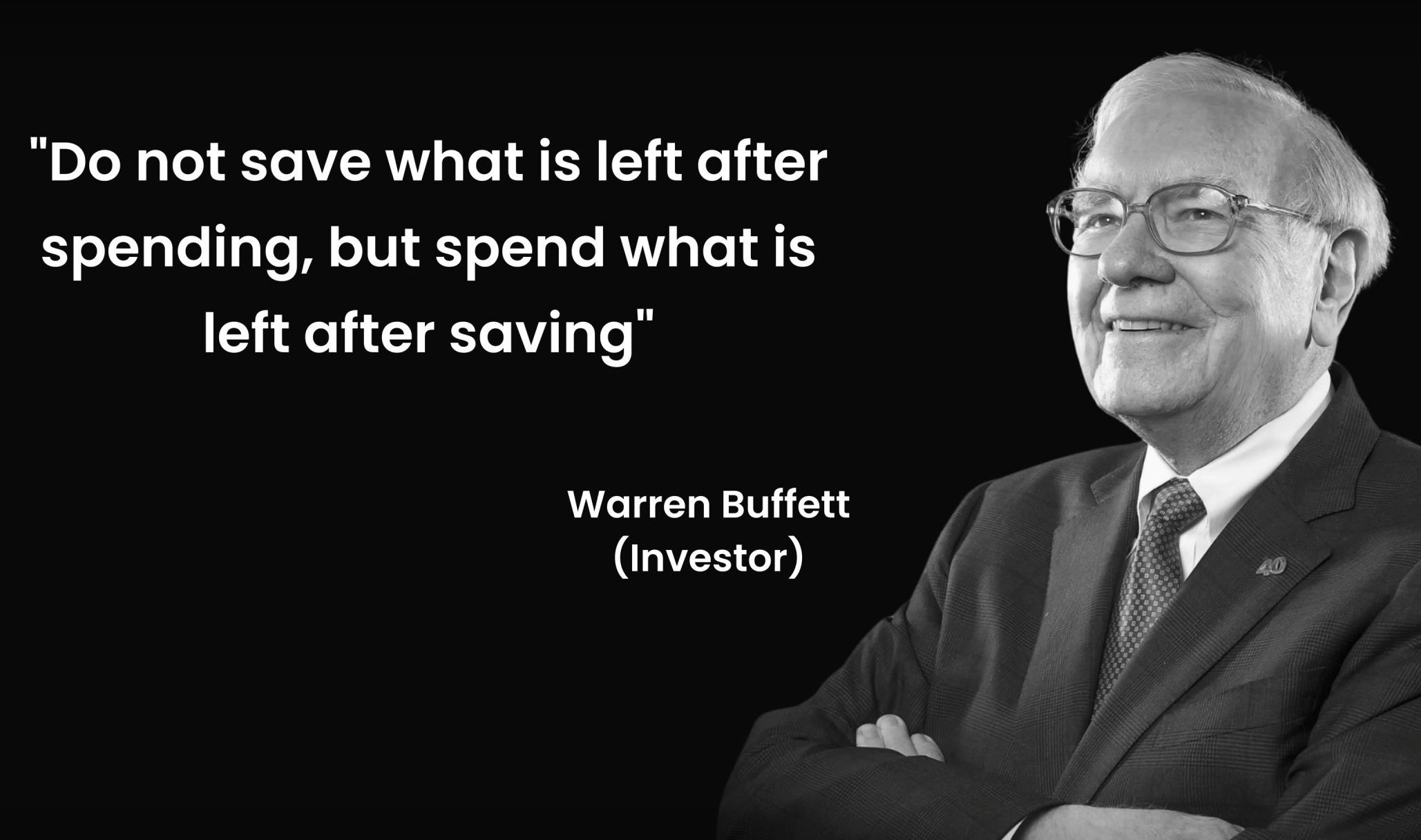
Doing this means no more guilt-driven, last-minute transfers. It also makes “accidentally” investing in limited-edition air fryers much harder.
6. Be specific with your goals
“I want to save more money” is the financial equivalent of saying “I want to get healthy.” It’s vague, uninspiring, and doomed.
Instead, aim for something like: “I’ll save RM30,000 for __________ by December 2027.” That gives you a map and a milestone. Divide it into monthly targets, and suddenly that goal feels doable.
7. Audit your spending in 3 F-Buckets
Here’s a smarter budget framework:
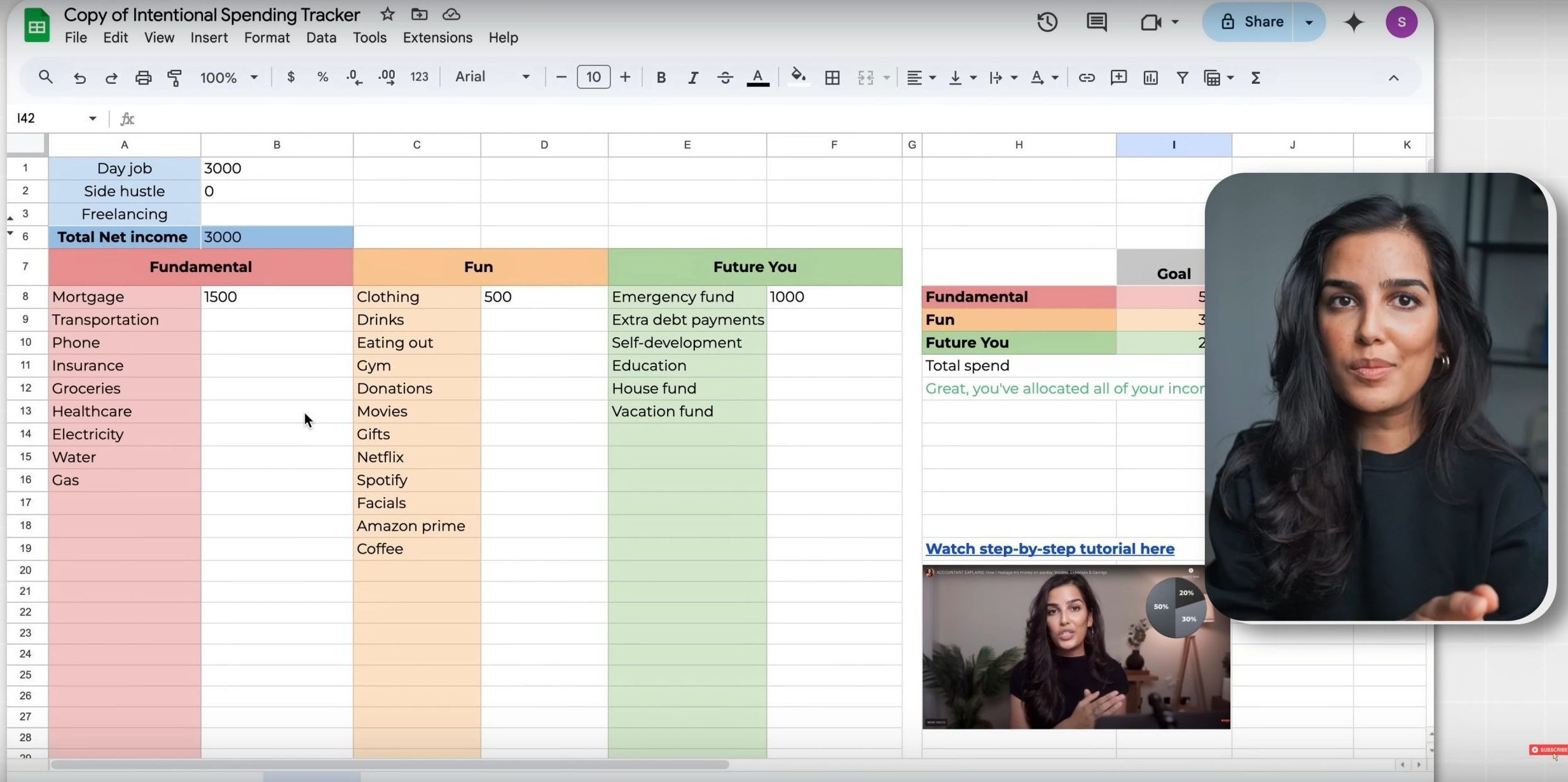
Fundamental: Rent, groceries, bills
Fun: Coffee dates, Netflix, weekend getaways
Future: Investments, courses, upskilling
Tracking your expenses with this method (try Nischa’s free spreadsheet) turns budgeting from a guilt trip into a power move. It’s not about restriction—it’s about clarity.
8. Learn one new money thing each week
Warren Buffett reads for hours daily. You only need one hour a week.
Nischa uses this time to dive into behavioural finance, uncovering how childhood beliefs about money shape adult decisions. This week, for example, it could be “how kids who felt deprived grow up to hoard, spend, or fear money.” Next week, it might be investment scams or side hustle tips, and so on.
Remember: The more you learn, the more you earn.
9. Stop giving power to opinions
It’s human nature to worry about what others think. But when fear of judgment runs the show, your potential takes a back seat.
Before letting someone’s opinion derail her goals, Nischa asks: “In the grand scheme of achieving my life’s goals, how important is this person’s opinion?”
Spoiler alert: Most of the time, their opinions don’t matter at all.
10. Escape the “Yes Trap”
Psychology Today says the “Yes Trap” is the compulsion to agree to everything out of guilt, fear, or FOMO (Fear of missing out).
Nischa also says that the “Yes Trap” is a deep-rooted feeling that we should always say yes to requests, invitations, and opportunities even when our plates are already full. The consequence of this includes burnout, resentment, and the act of neglecting self-care.
The cure? Get crystal clear on your goals. Then ask: “Does this serve my mission or distract from it?” Say “no” more often, and you’ll start saying “yes” to things that actually matter.
11. Invest in yourself first
Stocks are nice. Real estate is great. But what is the best return on investment or ROI? You.
Self-investment—learning, health, therapy, coaching—pays dividends. And it compounds. Nischa swears by Brilliant, an interactive platform teaching skills like AI, data science, and critical thinking, using real-world case studies from companies like Airbnb, Spotify, or Starbucks.
The best part? You can try it free for 30 days. Because the more you grow, the more your income and opportunities will follow.
12. Diversify your income streams
Most millionaires don’t rely on just one paycheck. Nischa makes money from brand deals, affiliate links, YouTube ads, her own products, and investments.
Start with one. Monetise your skills, passions, or even hobbies. Once it runs on autopilot, add another. Just don’t juggle five at once—burnout isn’t a badge of honour.
13. Simplify your decisions
Steve Jobs wore the same outfit every day. So did Mark Zuckerberg. Why? To avoid decision fatigue.
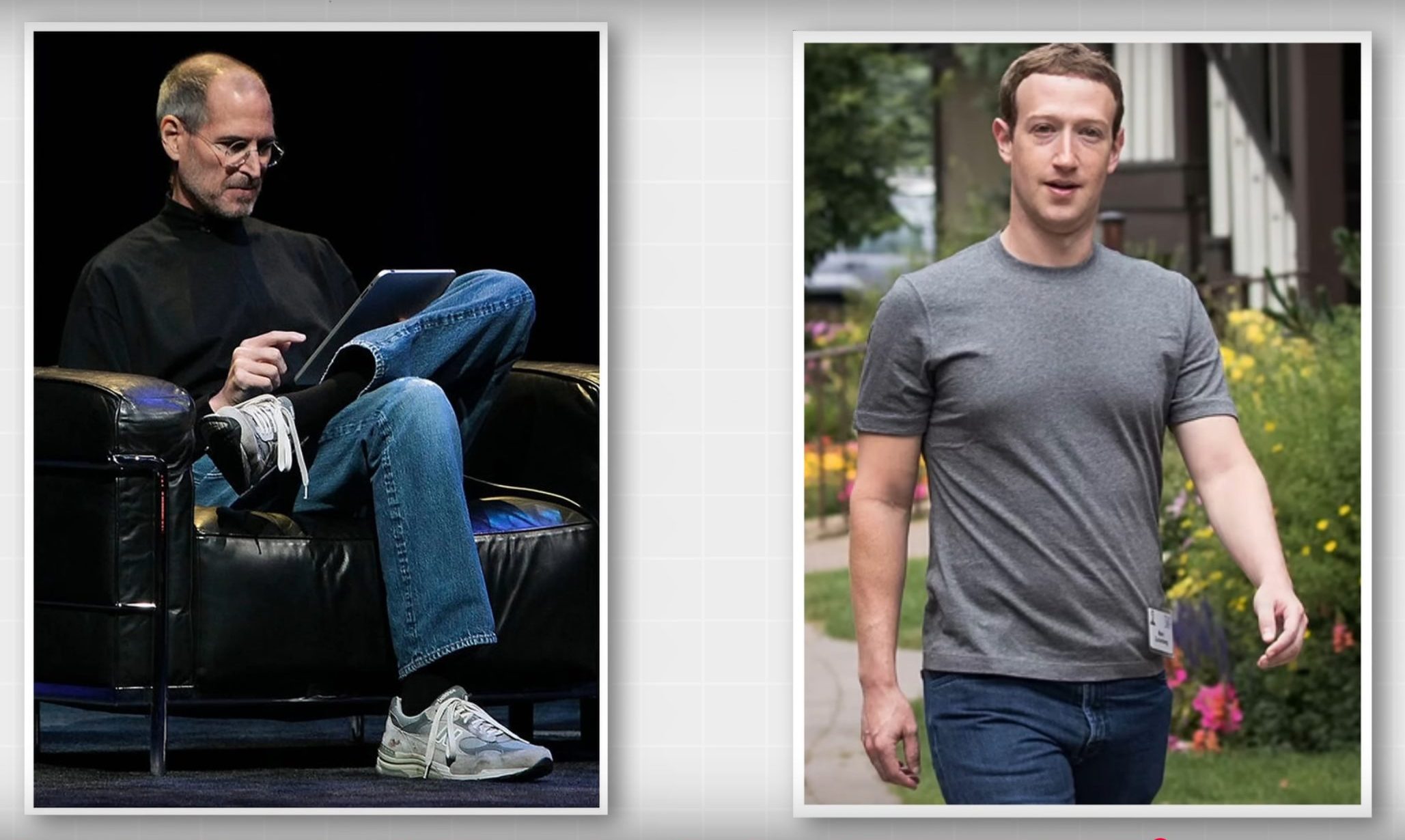
You don’t need to turn into a tech bro. But do consider streamlining your wardrobe, meal plans, or filming setup (if you’re a content creator). Automating low-stakes choices frees up brainpower for the big ones.
14. Network with intent, not just convenience
Chris Donnelly, a founder who built a $10 million business in a year, attributes much of his success to networking intentionally—reaching out to 50+ people monthly.
Nischa adopted this approach too, focusing on relationships that align with her vision and offering value in return. It’s not about taking—it’s about connecting and contributing. Sometimes the right “who” unlocks the “how.”
15. Act before you feel ready
Newsflash: You’ll never feel 100% ready. Waiting for the perfect moment is just perfectionism wearing a productivity costume.
Start that blog, pitch that idea, send that message. You might fumble, but fumbling forward is still progress. Action breeds clarity. The magic happens when you leap before you’re “qualified.”
16. Talk about money (Yes, really!)
Studies show nearly half of Americans, for example, avoid money talk, even with their partners. Yet 66% believe these conversations are essential for financial freedom.
So ask questions. Share insights. Normalise the awkward. Swap “How’s the weather?” for “How do you approach budgeting?” You’ll be amazed at how much you learn—and how much others appreciate the honesty.
17. Live by the 1% Progress Rule
Small changes, done consistently, beat grand gestures every time. Want to save more? Trim one unnecessary bill. Want to earn more? Pitch one client a week. Want to invest smarter? Read one page a day.
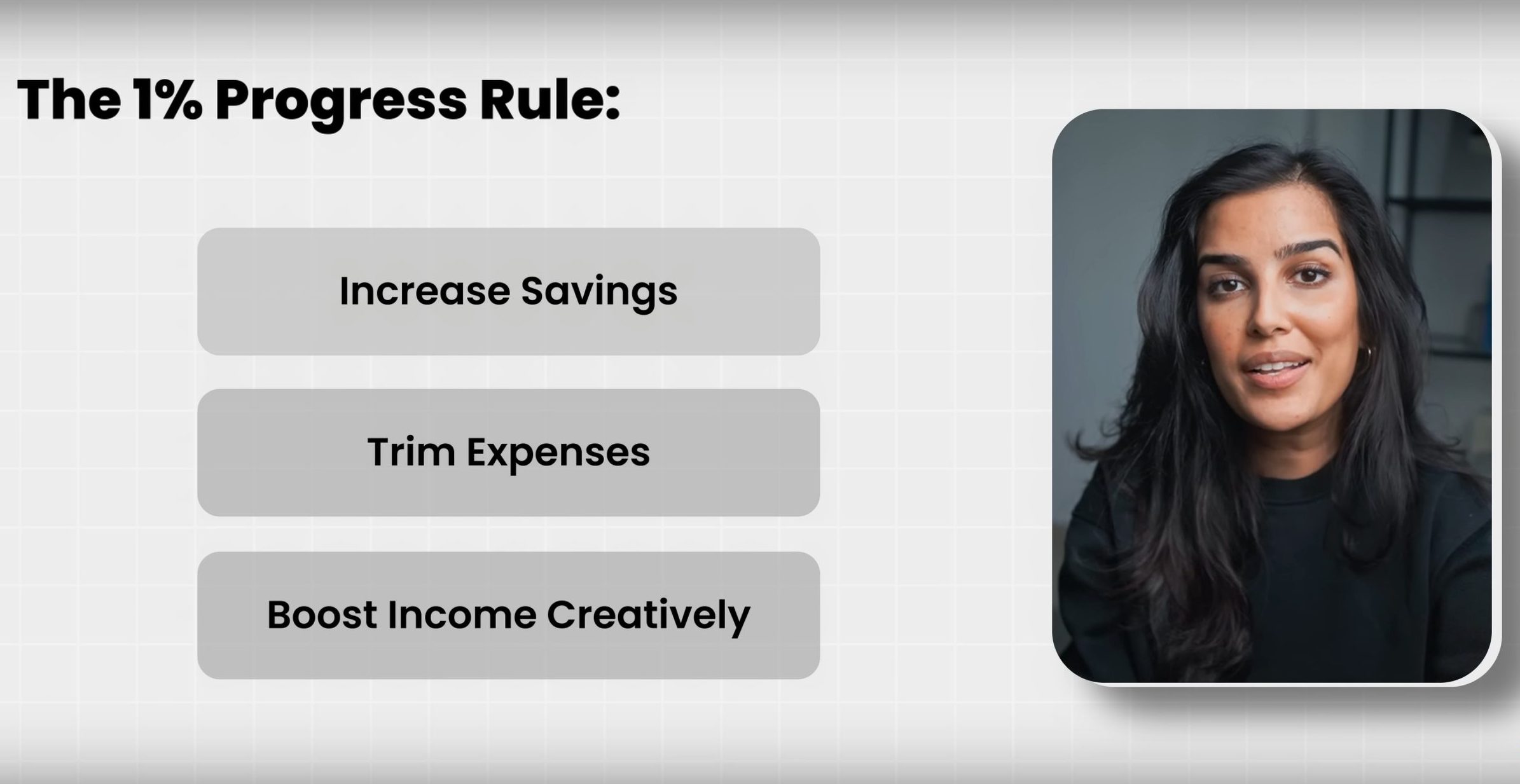
Just 1% better each month is 12% better a year. That’s how real wealth—financial, mental, emotional—is built. Quietly. Sustainably. Compounded over time.
So will this make me a millionaire tomorrow?
No, of course not. These habits won’t make you a millionaire overnight. But they will nudge you in the right direction—subtly at first, then significantly.
So pick one. Start today. Watch it snowball. Because the secret to getting rich isn’t dramatic—it’s deliberate.
And if you liked this guide, consider it your permission slip to stop overthinking and start doing, while you watch Nischa explain it in even more detail in the video below:

